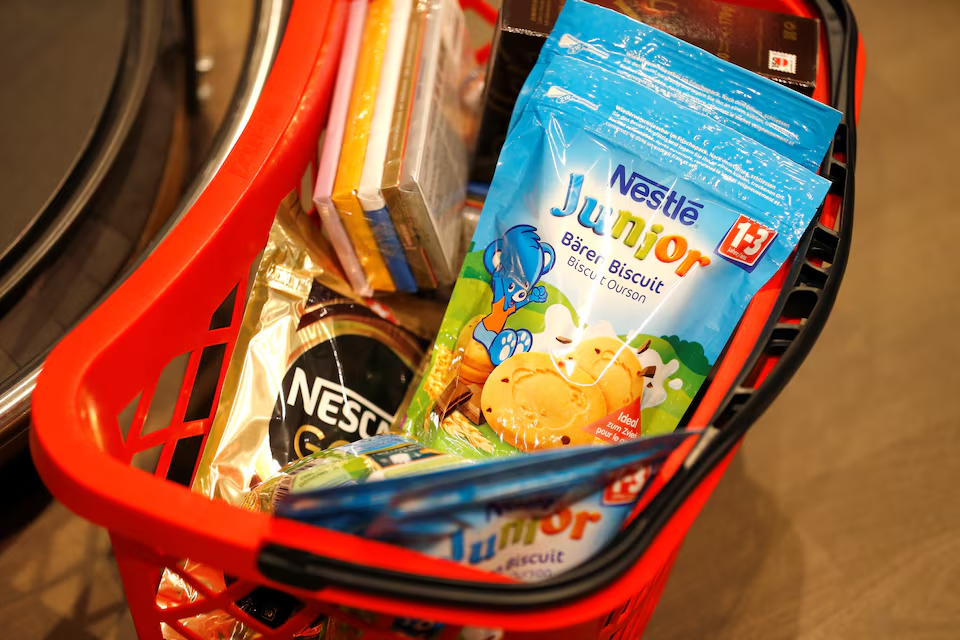Swiss food giant Nestlé has announced plans to eliminate 16,000 jobs worldwide, a sweeping cost-cutting move that marks the first major act by new CEO Philipp Navratil. The decision underscores the company’s urgent need to reverse slowing growth and restore credibility after a chaotic year in the C-suite.
The layoffs — about 5.8% of Nestlé’s 277,000 employees — come as Navratil raises the company’s savings target to 3 billion Swiss francs ($3.77 billion) by the end of 2027. “The world is changing, and Nestlé needs to change faster,” Navratil said in a statement.
The new chief executive, who took over last month after the abrupt firing of Laurent Freixe for misconduct, faces a monumental challenge: reigniting performance at a company that has lost momentum in the face of rising costs, mounting debt, and investor fatigue.
A turbulent reset at the top
Nestlé’s board has undergone a rare shakeup. Following Freixe’s dismissal, longtime chairman Paul Bulcke stepped down earlier than expected, replaced by former Inditex executive Pablo Isla. The management turnover has rattled analysts but also created an opening for a new strategy that blends cost discipline with cultural renewal.
According to Navratil, 12,000 white-collar roles will disappear over the next two years, alongside another 4,000 manufacturing and supply-chain jobs tied to ongoing efficiency programs. Investors initially applauded the boldness — Nestlé shares jumped nearly 8% in early trading — though questions linger about the social and reputational fallout.
“Fuel to the turnaround fire”
For now, Wall Street appears cautiously optimistic. Analysts at Bernstein described the announcement as “fuel to the turnaround fire,” citing better-than-expected third-quarter results. Nestlé posted 4.3% organic sales growth, topping forecasts, with coffee and confectionery leading the charge.
Still, headwinds persist. U.S. import tariffs of 39% on Swiss goods are squeezing margins, while shifting consumer habits — particularly the pivot toward healthier eating — have pressured legacy brands like Maggi, KitKat, and Nescafé.
CFO Anna Manz admitted that Nestlé’s expansion strategy in China had overextended the company’s distribution footprint. “We focused too much on reach and not enough on demand,” she said. “Now, we’re consolidating our network to rebuild consumer pull.”
A culture war inside Nestlé
Beyond the numbers, Navratil is pushing a deeper transformation — one aimed at rewiring Nestlé’s internal mindset. “We are fostering a culture that embraces performance,” he told investors. “Losing market share is not acceptable; winning must be rewarded.”
The Swiss multinational has launched a strategic review of its waters and premium beverages division and its low-growth vitamins and supplements unit, which could lead to divestitures.
Nestlé reaffirmed its 2025 outlook, forecasting organic growth above 2024 levels and an underlying profit margin at or above 16%, with a medium-term goal of 17%. Most of the planned savings are expected in 2026–27, with 700 million francs targeted for 2025.
Investor patience wears thin
Even with improving metrics, Nestlé’s transformation will be tested against investor impatience. The company’s stock has underperformed peers for much of the past year, and its $3.8 billion restructuring push is a gamble that cutting deeply now will free up cash for innovation later.
Whether that bet pays off will hinge on Navratil’s ability to deliver what Nestlé’s last two CEOs could not — consistent growth across both emerging and mature markets, without sacrificing brand trust.
For now, Nestlé has set the tone: leaner, faster, and hungrier to win back a skeptical market.


